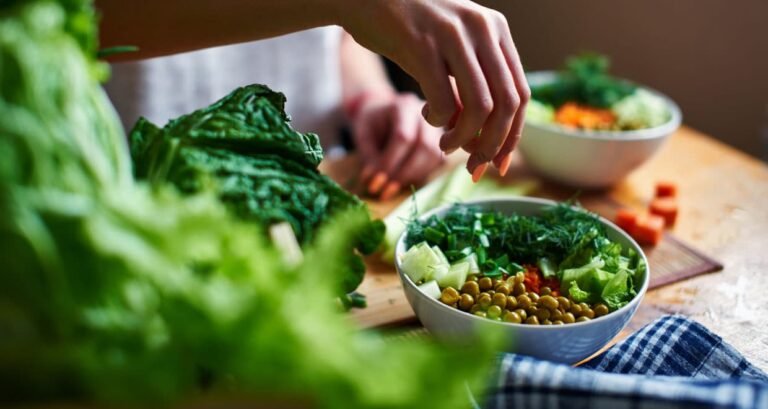Blessed with good weather, picturesque outdoor environments and a national culture imbued with a love of sports, it is not surprising that regular fitness, walking and hiking, running, cycling and swimming, football, tennis and Recently, padel is a popular pastime in our active lifestyle.
Leading an active lifestyle is important to many South Africans as it helps us keep fit and provides a welcome break from the everyday.
READ MORE | Smart Eating: The Food-Mood Connection
Support an active lifestyle
Whatever physical activities you enjoy, it’s important to understand the role nutrition plays in an active lifestyle.
“Whether you exercise regularly, play a favorite sport every week, or fit the definition of a lifestyle athlete who participates in competitive events, it’s important to recognize that you have somewhat different nutrient requirements than average,says ADSA spokeswoman and registered dietitian Kelly Scholtz.
“You need to adjust your nutritional intake to support the additional demand for energy, as well as the micronutrients, proteins and anti-inflammatory nutrients needed for healthy recovery from exercise.”
Kelly explains that, as beneficial as it is, exercise represents a form of stress for the body. “Although this is a positive kind of stress, Your body still needs adequate nutritional support to optimally adapt to your exercise routine.
Paying attention to your diet not only enhances your performance in your favorite sport, but plays a preventative health role that enhances your overall enjoyment of your active lifestyle.”
READ MORE | Are you limiting performance by skipping meals? This is what you should eat before exercise
Start with a balanced diet
Yours Nutritional choices before, during and after exercise affect both performance and recovery. However, all of this rests on the foundation of an overall healthy, balanced diet.
People with active lifestyles can begin to support their health, wellness and performance with a general eating pattern that prioritizes fruits and vegetables, legumes, lean proteins, whole grains, low-fat dairy fats and healthy fats, such as olive oil and avocado.
It is better to focus on meals made from whole foods versus highly processed ones. Limit alcohol consumption and use of tobacco or nicotine products.
“During exercise, especially higher-intensity exercise, your body uses glucose as its preferred fuel,” explains Kelly.
“Glucose is usually readily available in your blood after a recent meal or is quickly delivered from your body’s glycogen stores to your muscles and liver. During lower intensity activity, your body is also able to tap into fat stores for energy. If you’re training for less than or up to an hour, you probably don’t need to eat or drink extra calories or carbs during that session. Plain water for hydration will do. Your body can fuel a workout of this length, provided you eat a healthy diet that allows your body to replenish its glycogen stores.”
READ MORE | 5 Reasons Your Workout Feels Weak
Cover your energy, macro and micronutrient needs
For endurance activities lasting from one hour to 2.5 hours, in-session fueling of 45-60 grams of carbohydrate per hour is generally recommended.
Everyday foods like bananas, dates, and peanut butter sandwiches can be effective during endurance activities.
Kelly says: “The exact foods or drinks you consume can vary and it’s a good idea to see what works for you during training instead of trying something new on race day. People can have different reactions to different foods and drinks, and you don’t want to have a stomach ache or worse at a critical time. So if you’re preparing for a sporting event, use your workouts to test the foods and drinks that make you feel better.”
READ MORE | 3 Simple Recovery Strategies for Lifestyle Athletes
Hydration and recharging after training
After a high-energy sport or workout, you can support your body’s recovery from exercise stress and promote muscle recovery and adaptation with a snack or drink within 30 minutes. Optimal recovery snacks include a mix of protein and carbohydrates such as banana milk, chocolate milk, an energy bar with lean biltong, or eggs or hummus on toast.
Author: Pedro van Gaalen
When he’s not writing about sports or health and fitness, Pedro is most likely out training for his next marathon or ultramarathon. Worked as a fitness professional and marketing and comms specialist. He now combines his passions in his role as managing editor at Fitness magazine.
